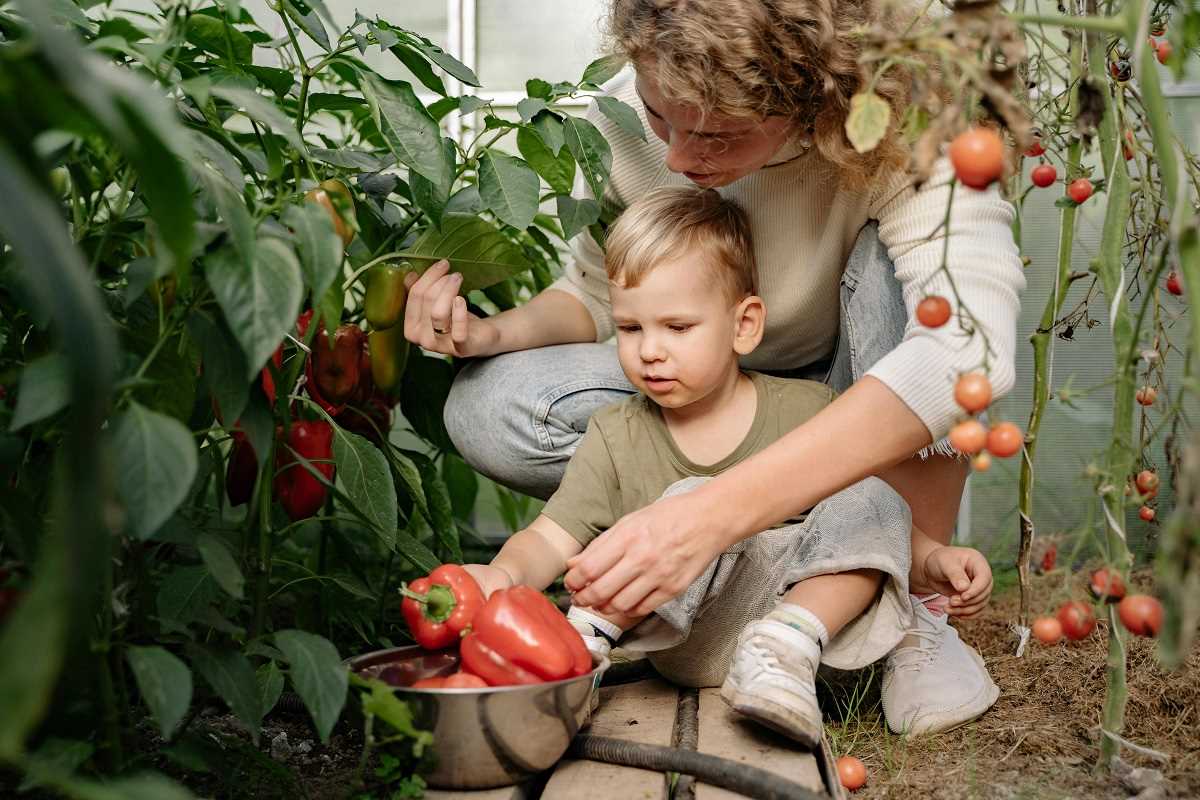Raising vegan children in a household that enjoys meat can feel like walking a tightrope, requiring sensitivity, patience, and creativity. It’s a situation that brings together different values, traditions, and dietary habits under one roof, making mealtime an emotional as well as nutritional experience. As a parent, you want to support your child's ethical beliefs or health-related choices while also maintaining peace and mutual respect among all family members. This challenge, while not always easy, presents a meaningful opportunity to foster open-mindedness and empathy within the household. It encourages everyone to engage in honest conversations, try new foods, and learn about different ways of living and eating. Rather than causing division, this dynamic can become a source of connection—where each person’s needs and values are acknowledged. From cooking together to learning about plant-based nutrition, these experiences can strengthen family bonds. By approaching the situation with understanding and flexibility, you can turn potential tension into a shared journey of growth and discovery. Whether it’s through gradual changes, open communication, or shared meals, it is entirely possible to support your vegan child while respecting the dietary preferences of the rest of the family.
Understanding Veganism
Choosing a vegan lifestyle can stem from various motivations. For some, a commitment to animal welfare drives them to minimize harm to animals by eliminating animal products from their diet. Others find motivation in environmental concerns, recognizing that a vegan diet can reduce their carbon footprint and promote sustainability.
Health represents another significant factor. Many adopt veganism to improve their overall well-being, gaining from the nutritional benefits that come from a plant-based diet. Ethical considerations about food sourcing and personal health goals often play a crucial role in this lifestyle choice.
Communication with Family
- Start with an open conversation about why you chose a vegan lifestyle for your child. Explain the benefits and your personal reasons to help family members understand your perspective.
- Encourage questions and discussions to address any concerns or misconceptions. Creating a safe space for dialogue promotes mutual respect and cooperation.
- Highlight the positive aspects of a vegan diet, such as the variety of delicious and nutritious foods available, to alleviate worries about meal restrictions.
- Involve family members in the process by seeking their input on meal planning and preparing vegan dishes together. This collaborative approach can make the transition smoother.
Meal Planning Tips
- Create a balanced menu that includes both vegan and non-vegan options. This ensures that all family members have something they enjoy while accommodating dietary preferences.
- Incorporate familiar flavors and ingredients into vegan meals to make them more appealing to meat-loving family members. For example, use plant-based proteins in traditional dishes like tacos or spaghetti.
- Experiment with new recipes and ingredients to keep meals exciting and prevent the vegan diet from feeling restrictive. Introducing a variety of foods can also broaden everyone's palate.
- Plan meals ahead of time to avoid last-minute stress and ensure that all necessary ingredients are available. This preparation helps maintain a consistent and enjoyable dining experience for the whole family.
- Consider batch cooking and meal prepping to save time during busy weeks. Having ready-made vegan meals can make it easier to cater to different dietary needs without extra effort.
Overcoming Social Challenges
Social situations can be tricky when navigating different dietary choices. At family gatherings, communicate your child's dietary needs in advance to ensure that suitable options are available. Bringing a favorite vegan dish to share can also introduce others to plant-based foods and spark interest.
When eating out, research restaurants beforehand to find those that offer vegan-friendly menus. Encouraging your child to communicate their preferences to restaurants can help them and ensure they have enjoyable dining experiences. Educating family members about the importance of supporting your child's choices can create a more inclusive and understanding atmosphere in social settings.
Is a Vegan Diet Healthy?
A well-planned vegan diet can be incredibly healthy for children, providing all the necessary nutrients for growth and development. It emphasizes fruits, vegetables, whole grains, and plant-based proteins, which are rich in vitamins, minerals, and antioxidants. Ensuring a balanced intake of essential nutrients like vitamin B12, iron, and calcium is crucial to maintain your child’s health.
Many studies support the benefits of a vegan diet, including lower risks of obesity, heart disease, and certain types of cancer. With careful planning and possibly the inclusion of supplements, vegan children can lead a healthy, active lifestyle. Consulting with a healthcare professional or a nutritionist can help tailor the diet to meet your child's specific needs, ensuring they receive all the necessary nutrients for their growth and well-being.
Embracing a vegan lifestyle for your child in a meat-loving family becomes entirely achievable with thoughtful planning and open communication. By respecting each other's choices and working together, you create a supportive and harmonious home environment that celebrates diverse dietary preferences.
 (Image via
(Image via





